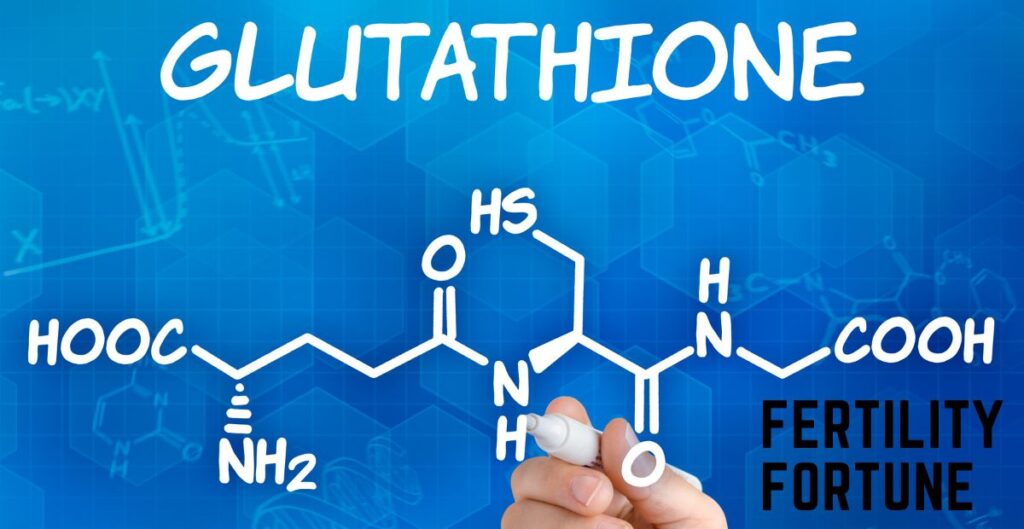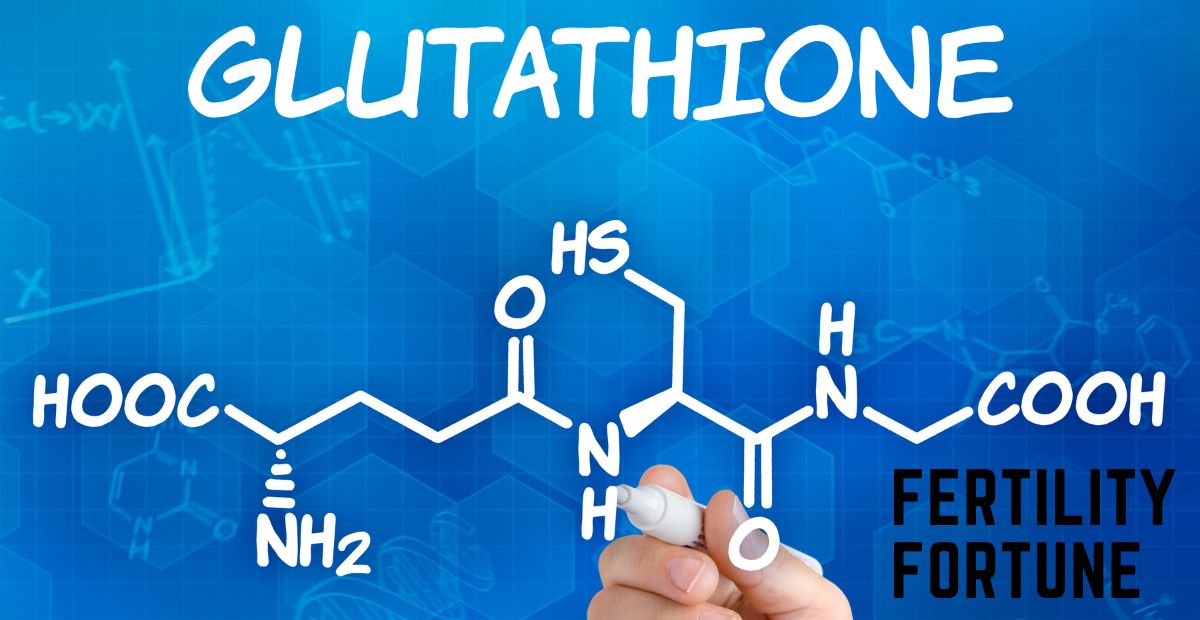
Does glutathione increase estrogen levels? Are you a female looking for ways to balance your hormones and find the perfect harmony between estrogen and progesterone? Then you may have come across information about glutathione, an antioxidant that plays a key role in managing a healthy hormone balance. But what does it do specifically when it comes to estrogen? In this blog post, we will dive into the science of how glutathione increases estrogen, providing insights into its mechanisms of action and potential effects on overall health.
What is glutathione and what does it do?
Glutathione is an important antioxidant present in every cell of the body and thought to defend against the damaging effects of stressors like toxins, infections, trauma and radiation. It works by neutralizing free radicals and helps keep cells healthy throughout the body. Glutathione is a tri-peptide made of three amino acids: glutamine, cysteine and glycine. It plays a key role in metabolism and is responsible for transporting molecules across cell membranes so nutrients can be absorbed into cells. The presence of glutathione in our bodies has been linked to improved immunity, liver health, healthy aging and neurological functioning. In addition, many studies have indicated its potential role in curing illnesses related to oxidative stress such as Alzheimer’s disease, Parkinson’s disease and cancer – making it an attractive area of research for scientists around the world.
Does glutathione increase estrogen levels?
Glutathione is a powerful antioxidant produced by the body which helps to rid it of harmful substances, including estrogens. It does this by binding with estrogens, helping them to be removed from the body before they reach higher levels that could lead to problems such as hormone dysfunction. Research has shown that glutathione can also increase the amount of estrogen in blood circulation. This effect is primarily due to its ability to counteract certain enzymes in the liver responsible for breaking down estrogen, resulting in more circulating estrogen in the bloodstream and delivering more of it to target tissue, thus increasing availability and overall levels. Studies indicate that nutritional supplementation with glutathione may significantly improve overall health and positively influence estrogen levels in both women and men.
Glutathione is primarily known for its antioxidant characteristics and its ability to protect cells, however it can also act as a precursor in the production of estrogen. In order to increase estrogen levels, glutathione stimulates the activity of digestive enzymes which breakdown into polypeptide hormones that can be converted into estradiol. Glutathione also works with sulfhydryl groups at the enzyme level to enhance liver detoxification and decrease and reformulate estrogens as they exit the body. This helps to restore hormone balance and increase circulating levels of active forms of estrogen like estrone, estradiol and estriol – thus increasing overall estrogen levels.
What are some natural ways to increase glutathione levels?
Glutathione is an important antioxidant found in the body and is vital to overall health. Increasing your body’s levels of glutathione, an important antioxidant and detoxifying agent, is possible through a variety of natural lifestyle changes. There are natural ways to increase its levels, such as via diet and lifestyle modifications.
- Eating foods with high sulfur content, such as garlic, onions, cruciferous vegetables and dairy are all great sources of amino acids like cysteine, which helps the body build glutathione.Additionally Soybeans, spinach and kale, avocados, asparagus, tomatoes, and watermelon are also among the best sources to look for when adding glutathione-boosting meals to your diet
- Also ensuring that you get plenty of vitamins B2, B6, and B9 through food or supplementation can help increase glutathione production.
- Exercise also increases glutathione levels – it’s important to keep active and move your body often to see this benefit! Incorporating some form of physical activity such as walking or jogging into your daily routine could help you achieve higher levels of this important antioxidant while providing other health benefits as well.
- Last but not least, getting adequate sleep each night will help keep your glutathione levels high; by letting your body rest it has time to repair itself so it can continue producing the antioxidants that it needs.
- N-acetylcysteine and whey protein are also recommended as they contain naturally occurring amino acids which can help increase the body’s supplies of dietary cysteine—a major component that’s beneficial for raising glutathione levels.
Is glutathione good for hormonal imbalance?
Glutathione is an important component of human health and well-being, and recent research has suggested that it may also have an effect on hormonal regulation. Glutathione acts as a detoxifying agent within the body and helps to support healthy immunity, antioxidants, and nutrient absorption. It therefore stands to reason that by increasing glutathione levels within the body, hormone production can be influenced in positive ways. When exposed to environmental toxins such as heavy metals, our bodies can become overwhelmed with oxidative damage. Glutathione has been shown to reduce this toxic accumulation, thereby allowing the body’s hormones to function more efficiently. Higher levels of glutathione may also positively influence reproductive hormones like testosterone and estrogen which help regulate key bodily functions like metabolism and fertility. Ultimately, it appears that boosting glutathione levels in the body could result in hormonal balance and improved overall health.
how much glutathione is recommended daily?
Glutathione is a powerful antioxidant that can help protect your cells from damage. It is found naturally in the body, but levels can decline with age or certain health conditions. Supplementing with glutathione can help to maintain healthy levels and support overall health.The recommended daily dose of glutathione varies depending on the person’s age, health status, and other factors. For most people, a dose of 250-500 mg per day is considered safe and effective. Higher doses may be necessary for some people, and it is important to speak with a healthcare provider before starting any supplement regimen.
what are the side effects of glutathione?
There are no risks from eating a diet high in glutathione-boosting food. Supplements may not be right for everyone. Discuss glutathione with your doctor to see if it is right for you. Side effects include:
- Abdominal cramps
- Bloating
- Trouble breathing due to bronchial constrictions
- Allergies, such as rash, can be caused by a variety of factors.
YOU MAY ALSO LIKE:
Taking Clomid for low progesterone?
How to treat low amh and high fsh?
How to reduce high fsh levels?
How to fix estrogen dominance ?
Does DHEA increase progesterone?
Estrogen levels and Egg Quality: The Key to Unlocking Your Fertility Potential

